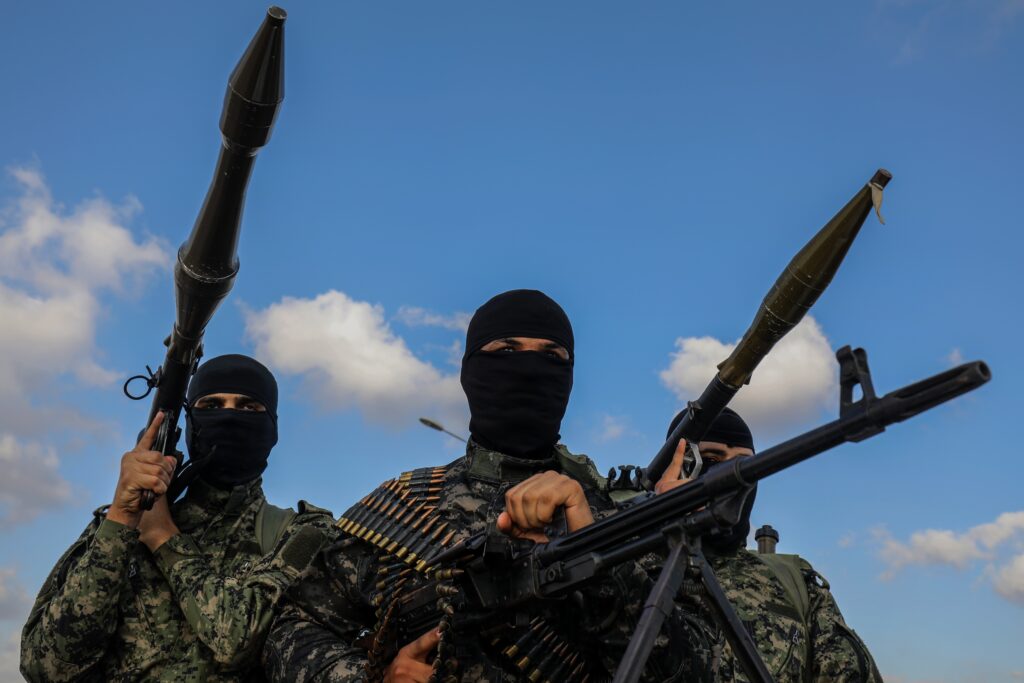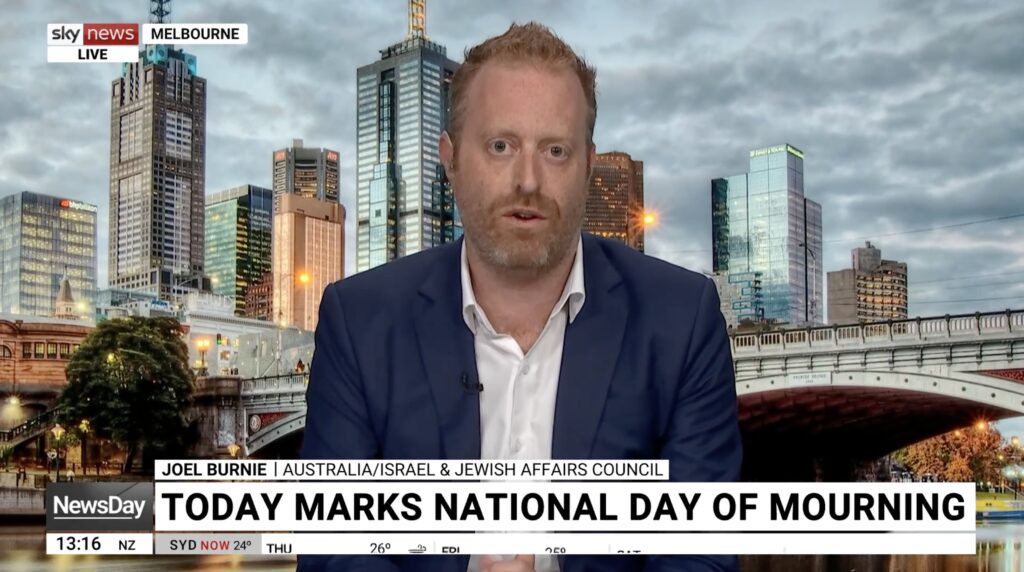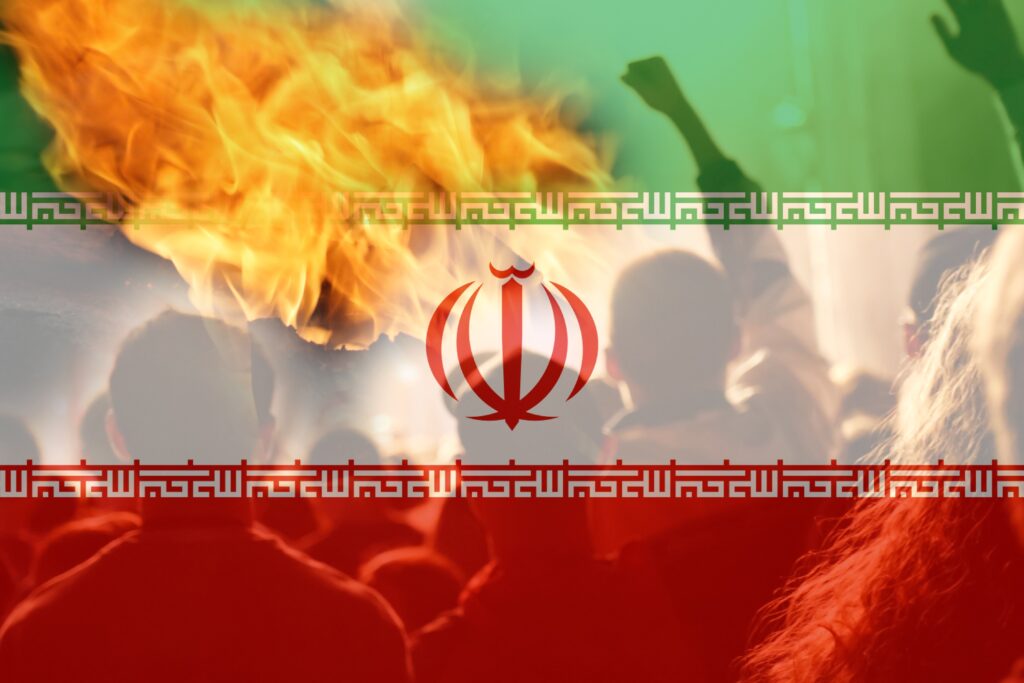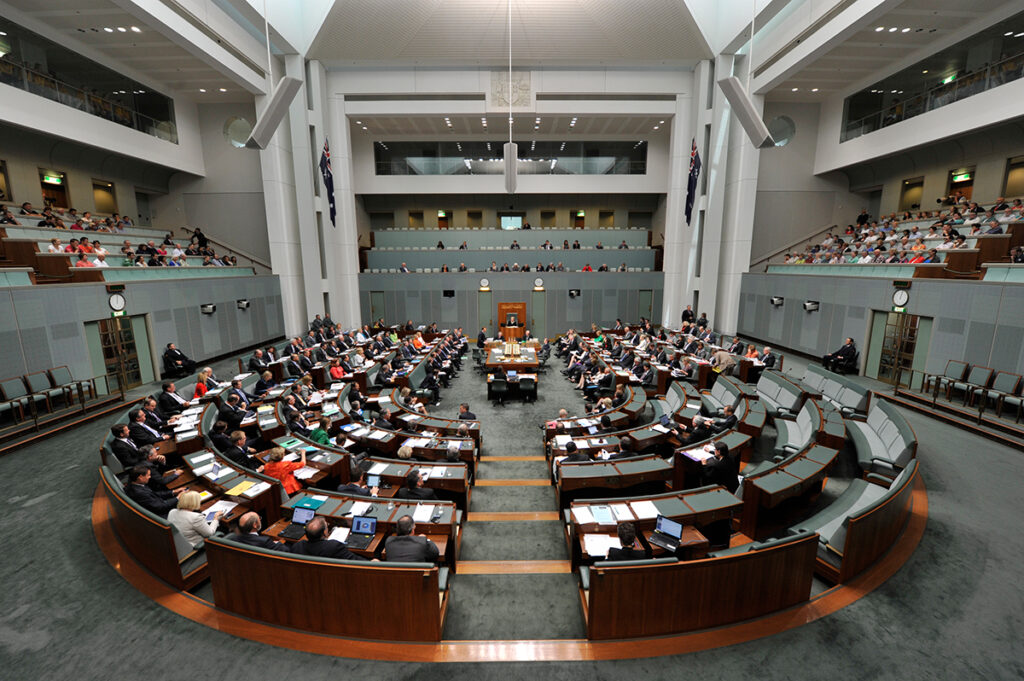IN THE MEDIA
The long and winding war
June 5, 2007 | Bren Carlill
Bren Carlill
June 5, 2007, Courier-Mail
FORTY years ago, three Arab states provoked war with Israel, determined, in the words of the Egyptian president Gamal Abdel Nasser, to throw the Jews into the sea.
The world anticipated Israel’s annihilation. Not only did Israel survive, in six days it won – and had captured the land from which its enemies had launched the attack.
In the three-week period leading up to June 5, 1967, Egypt evicted United Nations truce observers, massed troops on Israel’s borders and blockaded Israeli shipping (an act of war). Syria fired artillery rounds into Israeli villages and Jordan, when it entered the war, did the same into Jewish suburbs of Jerusalem.
Fast-forward 39 years. Hezbollah has spent six years firing rockets across the Israeli border, occasionally sending fighters across, too. Thirty-five Israelis were killed in these attacks. Then, on July 12 last year – after eight soldiers were killed, two abducted and yet more towns hit by rockets – Israel responded. But in 34 days, Israel couldn’t destroy Hezbollah or regain its soldiers. What had changed?
After the unexpected loss of the Six Day War, the Arab states had one more crack at destroying Israel: The 1973 Yom Kippur War. It took longer, but Israel walloped them in that one, too. And then, calm, of a sort.
Since the bloodshed of 1948, ’56, ’67 and ’73, the world hasn’t witnessed a single state-level Arab-Israeli war. Realising they couldn’t destroy Israel, the Arab states were forced to abandon conventional warfare, bringing relative stability to the region.
Unfortunately, their support of terrorist organisations didn’t change. Syria, in particular, increased its training of, and aid to, terrorist groups after 1973.
The Palestine Liberation Organisation, formed three years before the Six Day War, stepped up its activities in the 1970s. In 1982, Israel went to war against the PLO, which was attacking from southern Lebanon.
A result of Palestinian self-rule, established after the 1993 peace agreement, was a series of suicide terrorist attacks by Hamas, Fatah, Islamic Jihad and others.
Hezbollah calls itself a resistance organisation, defending Lebanon from Israel. When Israel withdrew from Lebanon in 2000, Hezbollah lost its raison d’etre, but none of its bloodlust.
Fighting these organisations differs from state-to-state warfare. Diplomatic, military and economic pressures can be applied to government and armies. But paramilitaries embed their infrastructure among the civilian population. They’ll usually dress like civilians, too. Attack terrorists and civilians almost always die in the crossfire. Add to this the mindset of the Hezbollah and Hamas leadership which repeatedly glorifies death for Allah and considers civilian death to be martyrdom.
Thus, in the past 12 months and, to a lesser extent, the past seven years, Israel has been faced with a choice. Does it allow terrorist atrocities to be visited on its people or does it take warfare to its enemies?
One solution might seem to be an Israeli withdrawal from the territories. Israel attempted this through negotiations, but Palestinian intransigence foiled them every time.
Consequently, Israel withdrew unilaterally from Gaza in September 2005. Unfortunately, Palestinians haven’t taken advantage of the lack of Israeli occupation there to build something – anything – positive.
Instead, they’ve cast the withdrawal as a military victory.
More violence, Palestinian leaders have said, and Israel will withdraw from the West Bank, then Jerusalem – and then Tel Aviv. Which is why rockets from Gaza increased.
Forty years ago, the Arab world united under the banner of secular Arab nationalism.
Now, Israel’s enemies are Islamists. Therefore, non-Arab, Shi’ite Iran is funding Shi’ite Hezbollah and Sunni Hamas to fight Israel with rockets and terrorism.
Iran is marching towards nuclear weaponry. The world is once again witnessing a Middle Eastern leader declaring his intention to wipe Israel off the map.
Israel has handed back 90 per cent of the land it won in 1967, and has offered more than 95 per cent of the remainder. And, yet, some claim Israel’s control of the West Bank is the impediment to peace. But this ignores two wars plus countless state-sponsored terrorist raids against Israel before 1967, not to mention the Six Day War itself.
The obstacle to Arab-Israeli peace isn’t Israeli occupation of the West Bank, but the same Arab rejectionism that led to the occupation in the first place.
Bren Carlill is a policy analyst at the Australia/Israel & Jewish Affairs Council
Tags: Iraq





